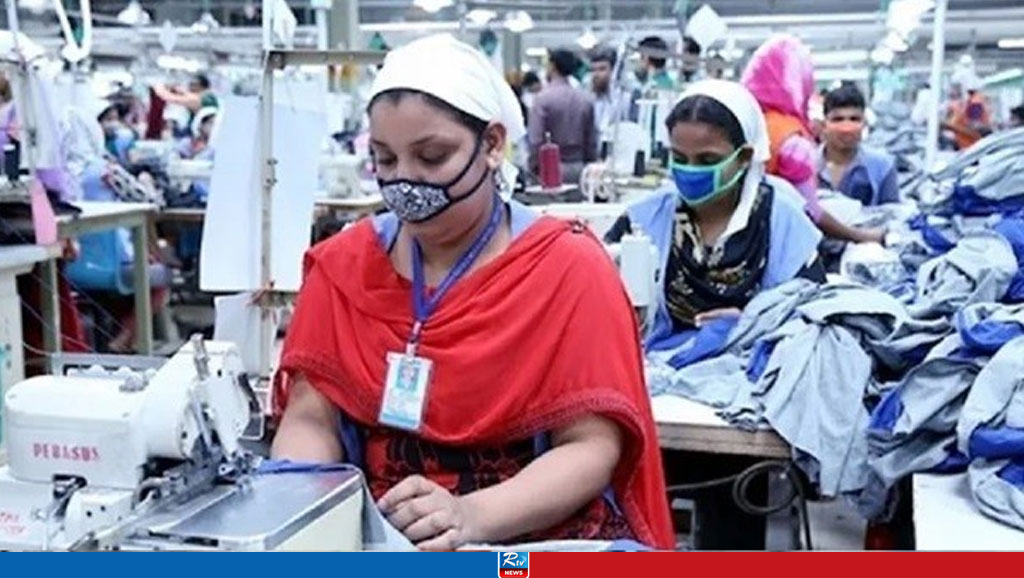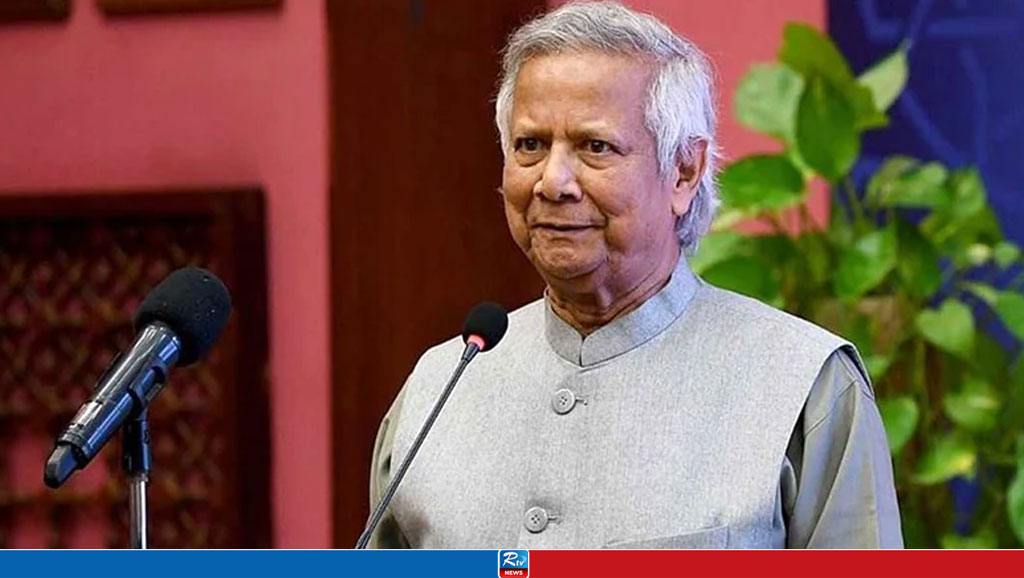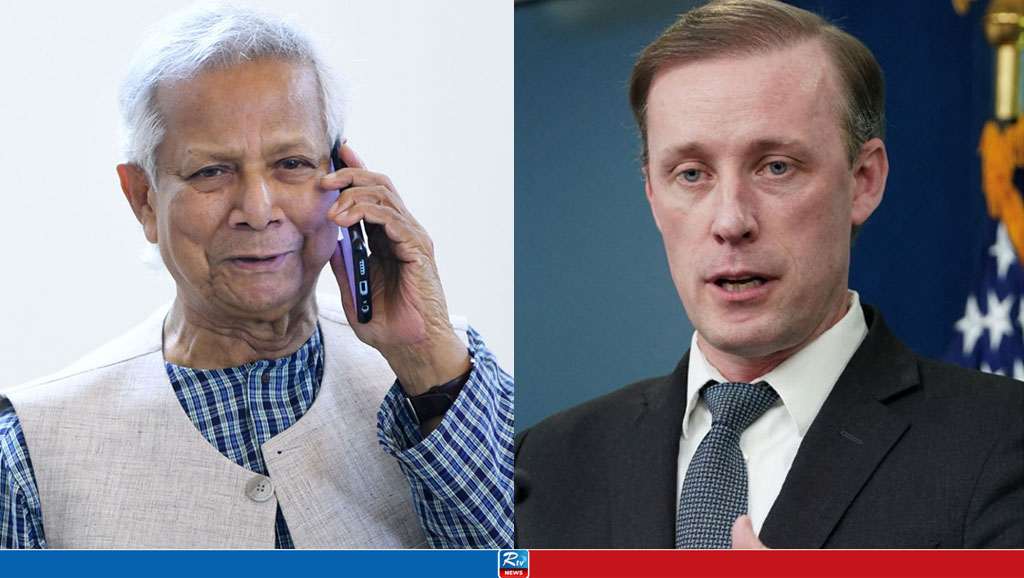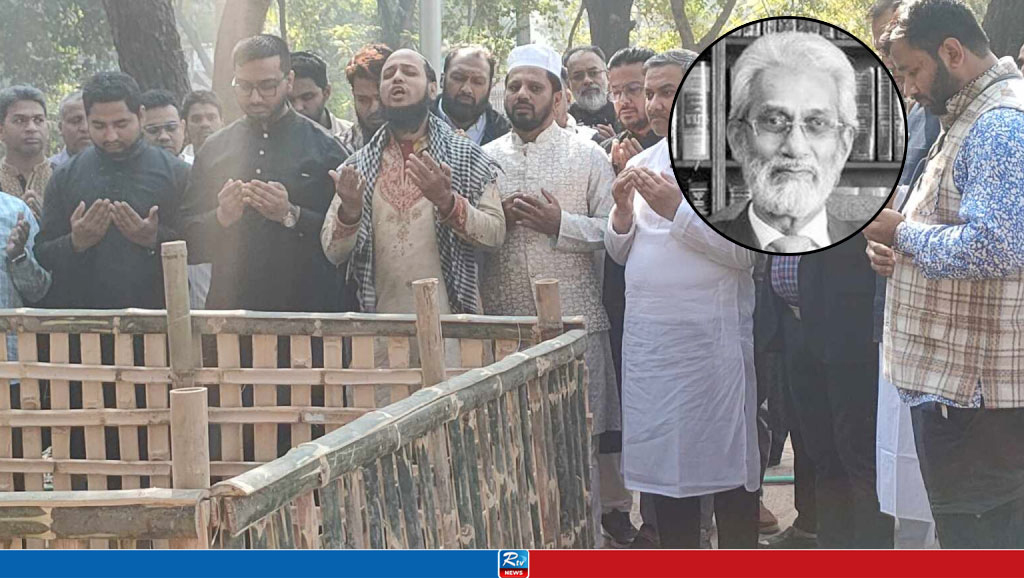One Month of the Interim Government: Challenges Ahead
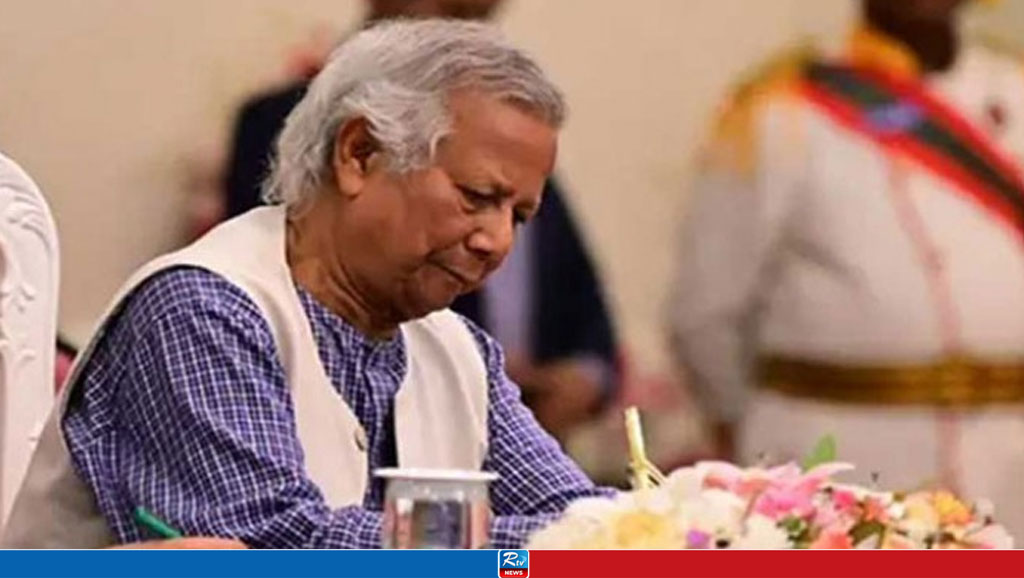
The interim government came to power following a student-led quota reform movement that toppled the previous administration on August 5. After the fall, the president, army chief, and coordinators of the anti-discrimination movement agreed to form an interim government. The 12th National Parliament was dissolved on August 6, and Nobel laureate Dr. Muhammad Yunus was sworn in as Chief Advisor on August 8, along with 12 others. Since then, the advisory council has grown to 21 members.
Now, one month into its term, the interim government faces significant challenges. The law and order situation remains unstable, with police forces still not fully operational. Despite some leadership changes in the public and private sectors, good governance has not been fully established. Market instability persists, and while extortion on roads has decreased, commodity prices remain high due to entrenched market syndicates.
Experts acknowledge that while reforms have begun in areas like governance, transparency in the financial sector, and the dismantling of corrupt business practices, achieving these goals within a short time is difficult. The major challenge is maintaining public trust.
Local governance expert Abu Alam Shahid Khan emphasizes that the interim government must implement key reforms to reshape the nation. Kazi Maruful Islam, a professor of governance and politics at the University of Dhaka, adds that while the government is addressing public demands, the real challenge lies in execution. He also stresses the need for the government to clearly present its reform agenda to the nation.
Comments
SSC Form Fill-up Fee Increased

Gold Prices Suddenly Volatile, Reason Revealed

Panchagarh Records Season's Lowest 10.4°C as Winter Intensifies
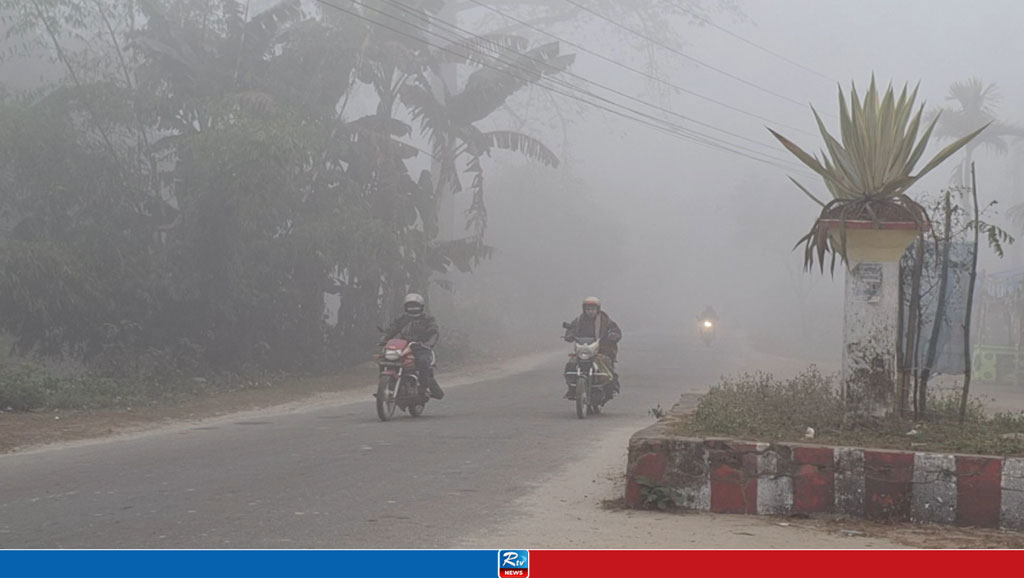
UK Properties Worth Millions Linked to Hasina's Inner Circle

Tourist Ship Services Begin on Cox's Bazar-Saint Martin's Route

Gold Price Today (December 3)

India Should Acknowledge Bangladesh's New Reality: Mahfuz Alam
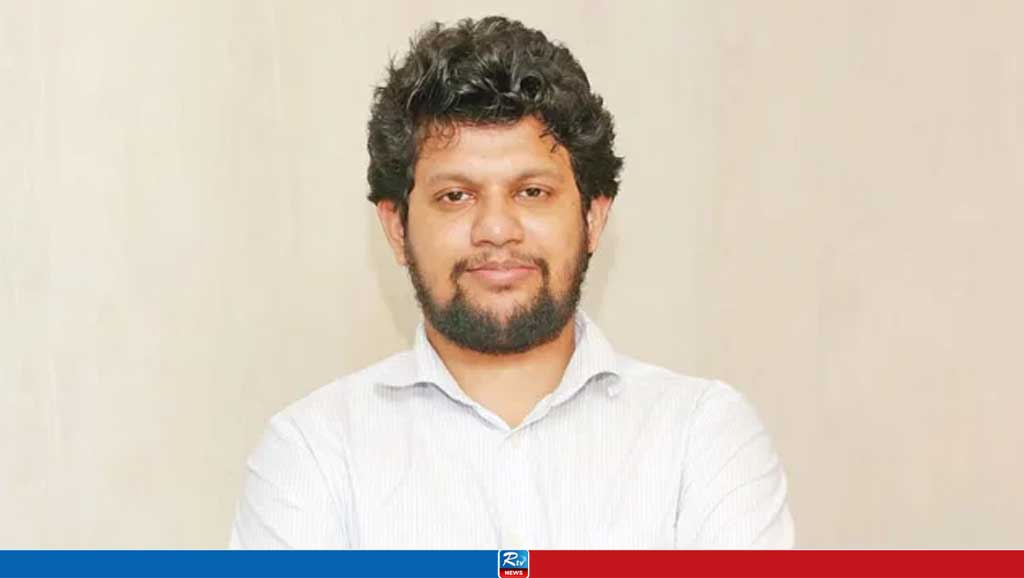

 Live Tv
Live Tv

